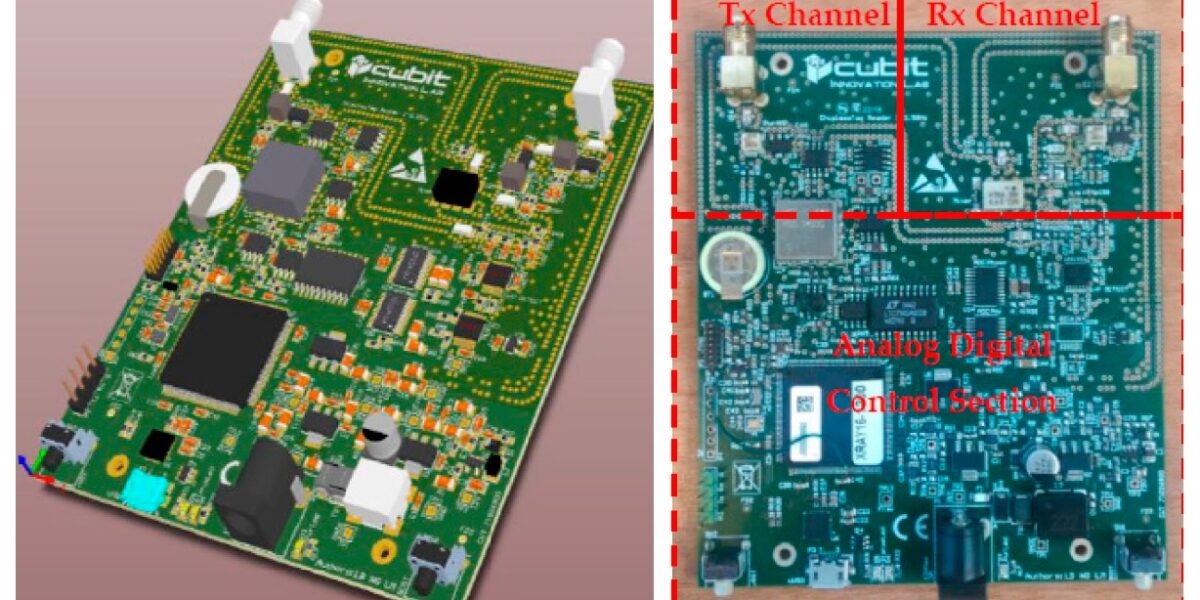The EMERGENT project falls within the broader scope of the Marie Skłodowska-Curie program, aimed at promoting personnel exchange for research and innovation and fostering cooperation based on knowledge sharing. Effectively facilitating the circulation of qualified individuals between academia and industry, the EMERGENT project aimed to develop innovative chipless RFID tags and sensors for use in next-generation pervasive interconnected systems, using environmental-friendly materials such as paper and low-cost printing processes.

EMERGENT worked to strengthen the existing intersectoral networks among the three EU research institutes and the three EU SMEs involved, implementing a total of 68 exchanges for knowledge transfer to facilitate joint research and innovation.
In addition to the chipless tag and sensor, the project also involved the development of a specific reader, which required the study and testing of new signal processing algorithms. The system was capable of detecting and collecting information on various parameters of interest, including temperature, humidity, stress, and gas.
As a result of the project, 20 publications were produced, including the article “Low-Cost Portable Reader for Frequency Domain Chipless Tags: Architecture and Experimental Results on Depolarizing Tags“ (Boggioni, L.; Monti, L.; Terranova, S.; Costa, F.; Genovesi, S.; Manara, G. Electronics 2019, 8, 35).

The partnership consisted of the University of Pisa – Department of Information Engineering (Italy) – Coordinator, Universitat Rovira i Virgili (Spain), the Grenoble Institute of Technology – LCIS Lab (France), Consortium Ubiquitous Technologies – CUBIT Scarl (Italy), Generation RFID SL (Spain), and ARDEJE Sarl (France).
Cubit’s role: Beneficiary.
For more information:
https://cordis.europa.eu/project/id/645771


